Allegiant, or The Divergent Series: Allegiant, or The Divergent Series: Allegiant — Part 1 (depending on where you look) is the almost-climax to that sad dystopian teen series that’s not The Hunger Games. Based on Veronica Roth’s YA books, the series started with Divergent (2014), was followed by Insurgent (2015) and will end with — thanks to the Harry-Potter-style money grab of splitting the final book into two films — Ascendant, or The Divergent Series: Ascendant, or The Divergent Series: Allegiant — Part 2, again, depending on where you look. I bring this up because there’s no reason a bunch of movies this listless should be this damn complicated.
The great failing of this franchise is believing that it’s much more heady than it actually is. Taking a lot of ideas from Kurt Vonnegut, Philip K. Dick and the Wachowskis (among many other sci-fi stalwarts) without building on them in any real thoughtful way does not make your film intelligent. Playing every scene with the utmost gravity, when your real appeal involves things exploding and hunky beefcake dudes, is a grave miscalculation, one that severely damages every film in this series. But no one is able to stop it now — there’s no turning back. Instead, there’s this incredibly superfluous, consistently underwhelming — both financially and creatively — series of films that honestly feel like they may never end.
Allegiant is no different from the rest of the films in the Divergent franchise. Our heroine, Tris (Shailene Woodley, thankfully shorn of the mom hair in the last film), and her beefy manbro, Four (Theo James, who looks like someone drew James Franco’s face on a thumb), set out to learn more about the secretive, hierarchical society they exist within. The film is split into two narratives — a small blessing since it thankfully keeps the film moving along. Tris meets the stodgy bureaucrat David (a wasted Jeff Daniels) and learns more about her genetic history, something that allows Allegiant to pontificate on social stratification in a wholly dull, monotonous fashion. At the same time, Four and his mother (Naomi Watts) — who wants to wage war in rundown Chicago — match wits.
In practice, both disparate threads mean lots of shooting futuristic guns and blowing up various structures, while at the same time shouting out exposition. The basic tenants of cinematic storytelling are disposed of in exchange for a whole lot of explaining and loud noises. The film has low expectations for its audience’s ability to understand subtlety, so it does away with it entirely. A dumb movie — with its half-baked thoughts on the human condition — that thinks it’s smart enough to talk down to its audience is a bad combination. That there’s only one more of these things left is a small consolation. Rated PG-13 for intense violence and action, thematic elements and some partial nudity.



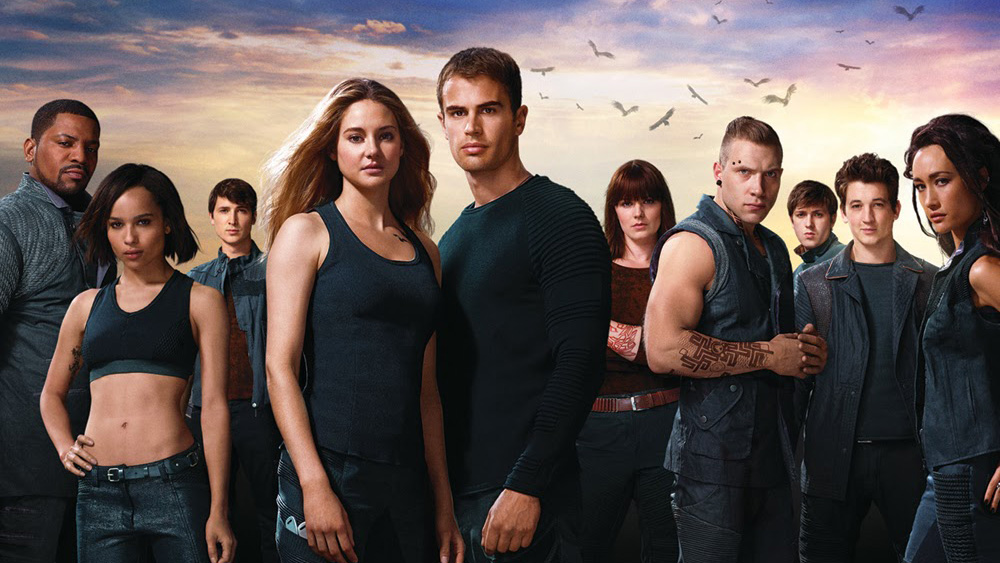
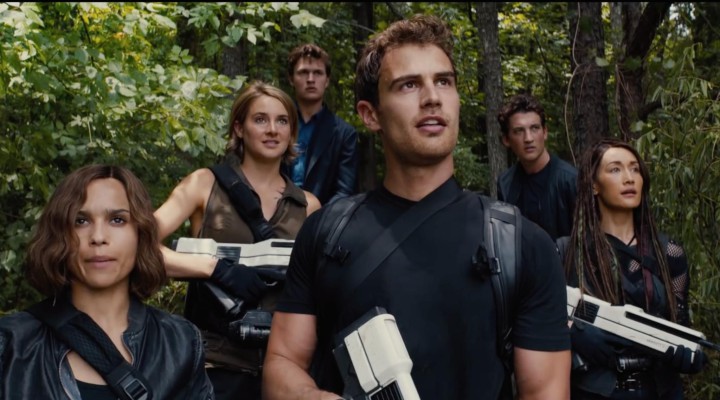
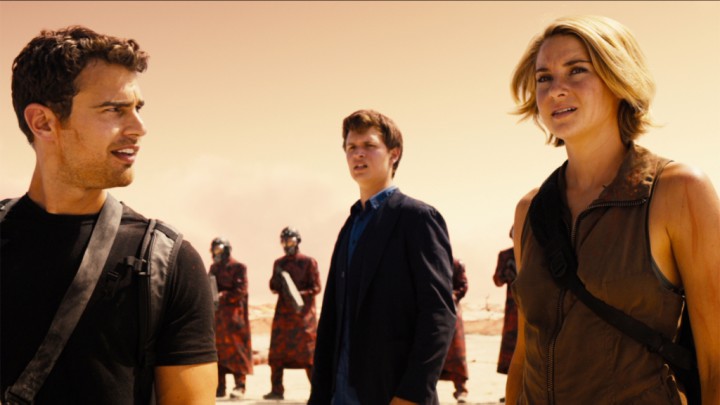
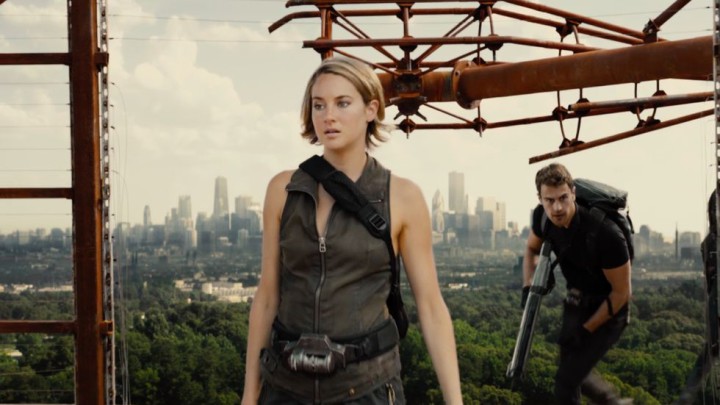
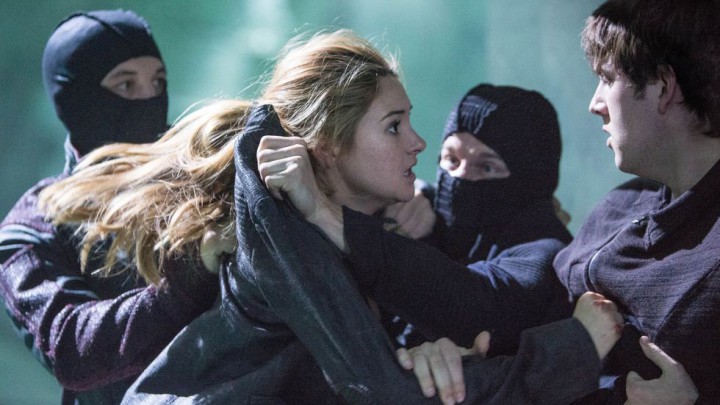
A pitch for the next Y A adaptation……
A young _______ is just trying to survive in a (futuristic/harsh) __________. His/her family are __________ and need the help of a chosen _____________. The society is ruled by __________________. Our hero/heroin decides that they must fight with the help of ______________ and is heartbroken when they loose _______________ in the second movie. All is settled when the final book is split into two movies.
You have to pitch the books first.
True, scratch that adaption part.
Nonsense. You should write such a series and get rich. Having seen Wicked Blood on Netflix, I’d say Abigail Breslin oughta be about ready for Sad Teen Dystopia,
She’s going to be in the Dirty Dancing remake, which might actually benefit from some dystopian elements.
The whole thing perplexes me. Like once wasn’t bad enough?
At least it will be on TV and not in theaters.
Anything that keeps me from having to watch it is a Good Thing.